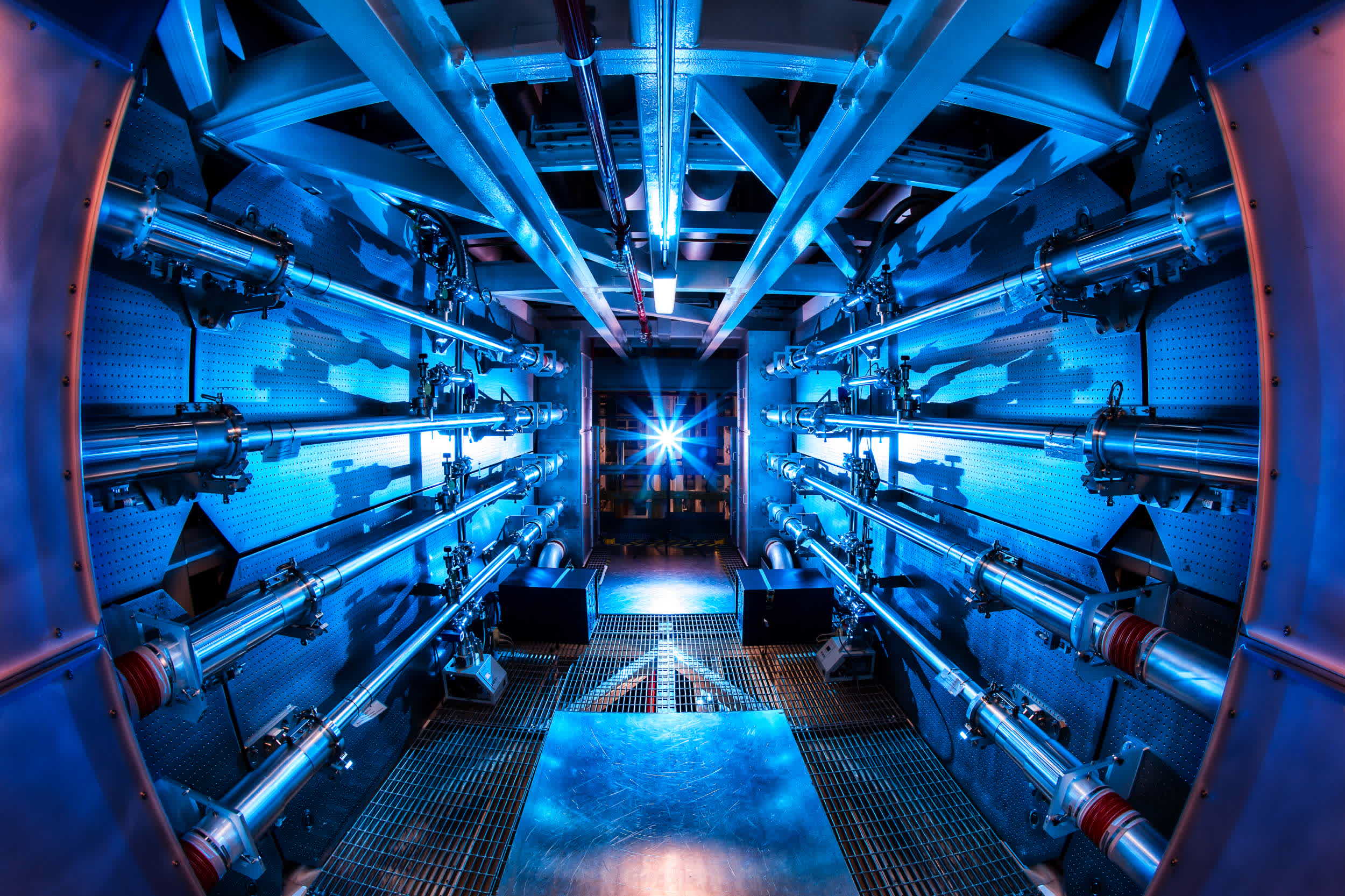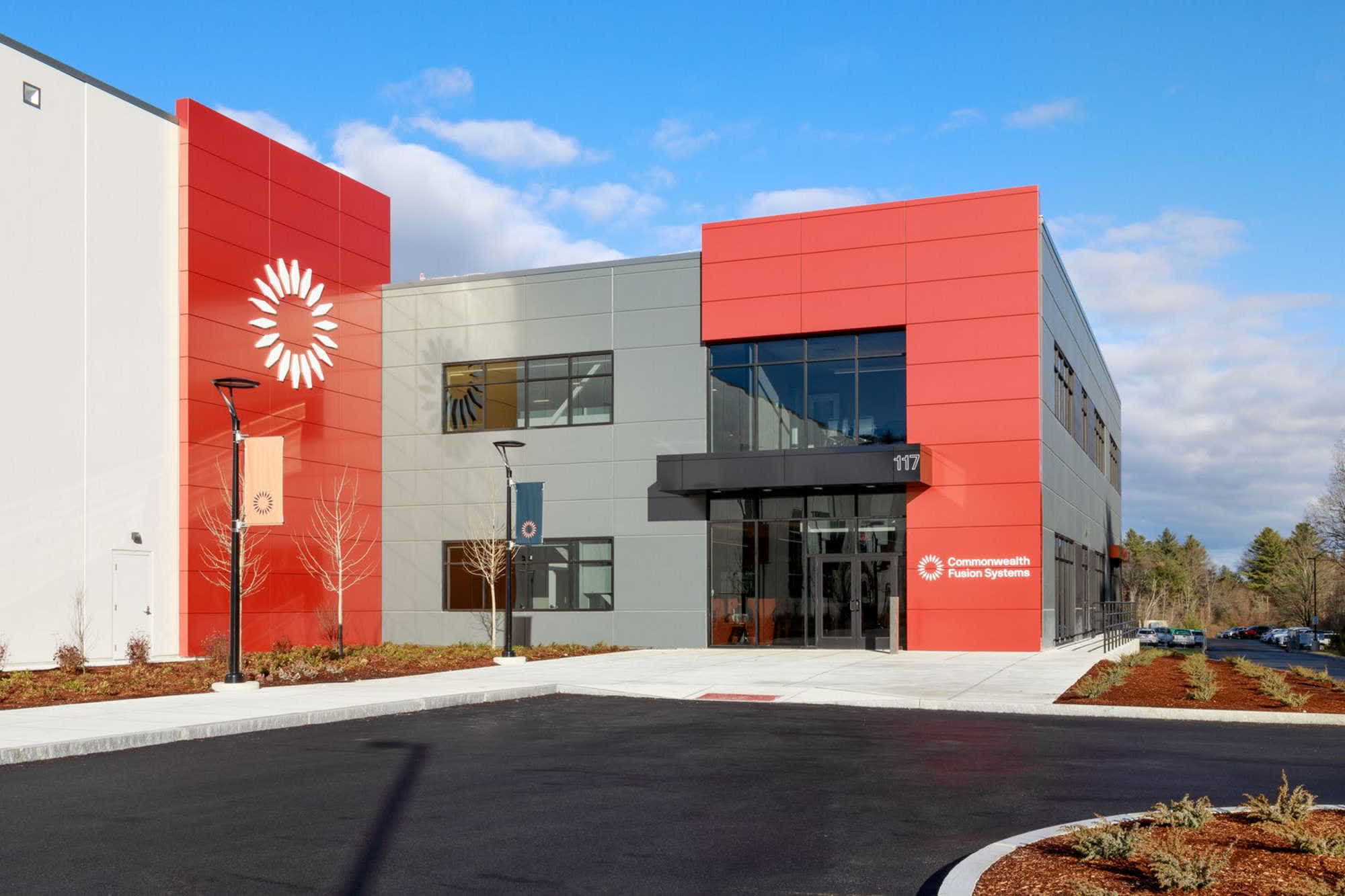Big if True: From a practical standpoint, fusion power today is much like quantum computing for major tech corporations: everyone is talking about it, but no one can say if or when it will finally achieve the long-promised goal of providing a limitless, pollution-free energy source for humanity.

Despite the excruciatingly slow pace of fusion power development, Google is willing to bet on this theoretical energy source to meet its future data center needs. The company recently signed an agreement with Commonwealth Fusion Systems, a Massachusetts-based firm planning to build an operational fusion power plant in the near future.
Google's appetite for electricity has surged in recent years, driven almost entirely by the explosive growth of its data centers. In its latest sustainability report, the company revealed that its data centers consumed 30.8 million megawatt-hours of electricity in 2024 – effectively doubling the amount of electricity used just four years earlier.
Data centers now make up nearly 96% of Google's total energy footprint, a figure that underscores how heavily its operations rely on constant, large-scale power. As AI workloads multiply, so does the urgency to secure clean, reliable energy sources for the future.
With that, Google has purchased 200 megawatts of electricity from CFS, or roughly the amount needed to power 200,000 average American homes. The energy doesn't exist yet, but CFS aims to build both a demonstration facility and a full-scale production site by the early 2030s. However, the company has yet to announce a definitive timeline for when it will generate usable fusion power.
CFS plans to use Google's investment to construct a tokamak-based demonstration plant first, followed by a commercial fusion facility in Virginia. Tokamak designs rely on powerful magnetic fields to confine plasma and initiate fusion reactions inside a doughnut-shaped chamber. Many private and public organizations are exploring this technology in hopes of achieving clean, limitless nuclear energy.

Google's move to purchase hundreds of megawatts of fusion power well before the technology is commercially viable highlights how urgently Big Tech players are seeking sustainable energy sources. Michael Terrell, Google's senior director for energy and climate policy, said the company hopes to leverage its vast financial resources to send a strong market signal to the slowly emerging fusion power industry.
Terrell hopes that Google's investment will help advance the technology, but Commonwealth Fusion Systems appears more focused on using the funds to stay afloat amid its ambitious development plans. CFS CEO Bob Mumgaard called the deal the largest offtake agreement for fusion energy to date, adding that it will help the company complete its R&D efforts for the commercial fusion plant planned in Virginia.
Estimating how much Google's investment will accelerate CFS's progress is "hard," Mumgaard admitted. For now, the funding will allow CFS to comfortably complete its SPARC demonstration tokamak and begin construction of the ARC fusion plant in Virginia simultaneously.
Technology companies are increasingly turning to nuclear power to fuel the immense energy demands of AI-driven data centers. Google isn't alone in betting on fusion; Microsoft has already invested in Helion Energy to secure access to a commercial fusion power source by 2028.
Google just bought 200 megawatts of fusion power that hasn't been invented yet